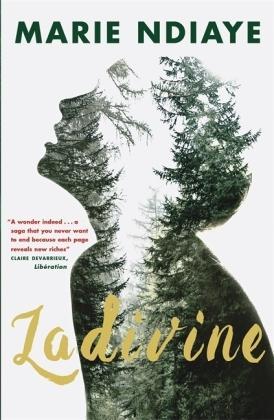Fionnáin apžvelgė autoriaus Carolina Valente Pinto knygą All the Other Directions We Can Go

Carolina Valente Pinto: All the Other Directions We Can Go (EBook, 2023, Institute of Network Cultures)
This book analyses the values and processes that characterise DIY (do it yourself) digital infrastructure, …
Documenting a Feminist Server
3 žvaigždutės
This book explains at the beginning that it is the conversion of a Master's Thesis into a publication, and that is exactly how it reads. It's a good documentation of the project 'A Transversal Network of Feminist Servers' (ATNOFS), which was an EU-wide project where different organisations set up data servers under feminist principles. The documentation goes into detail on how this works, and focuses on how sharing and making space is central to the servers.
It does feel a little light on critique and future considerations, but again this is not unsurprising given its origins.

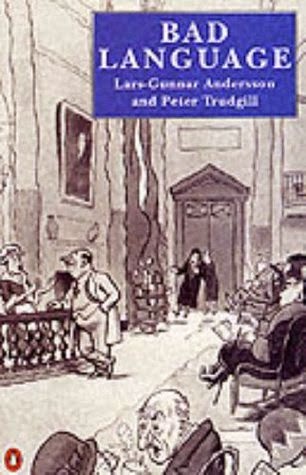
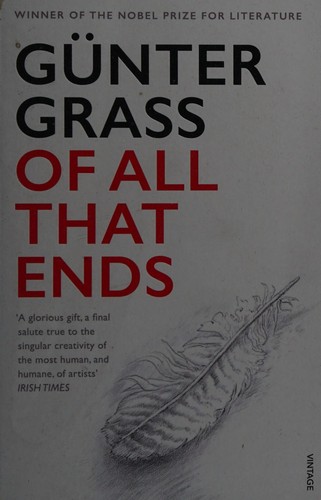
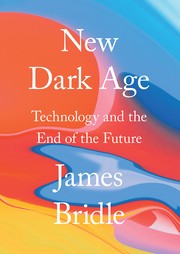
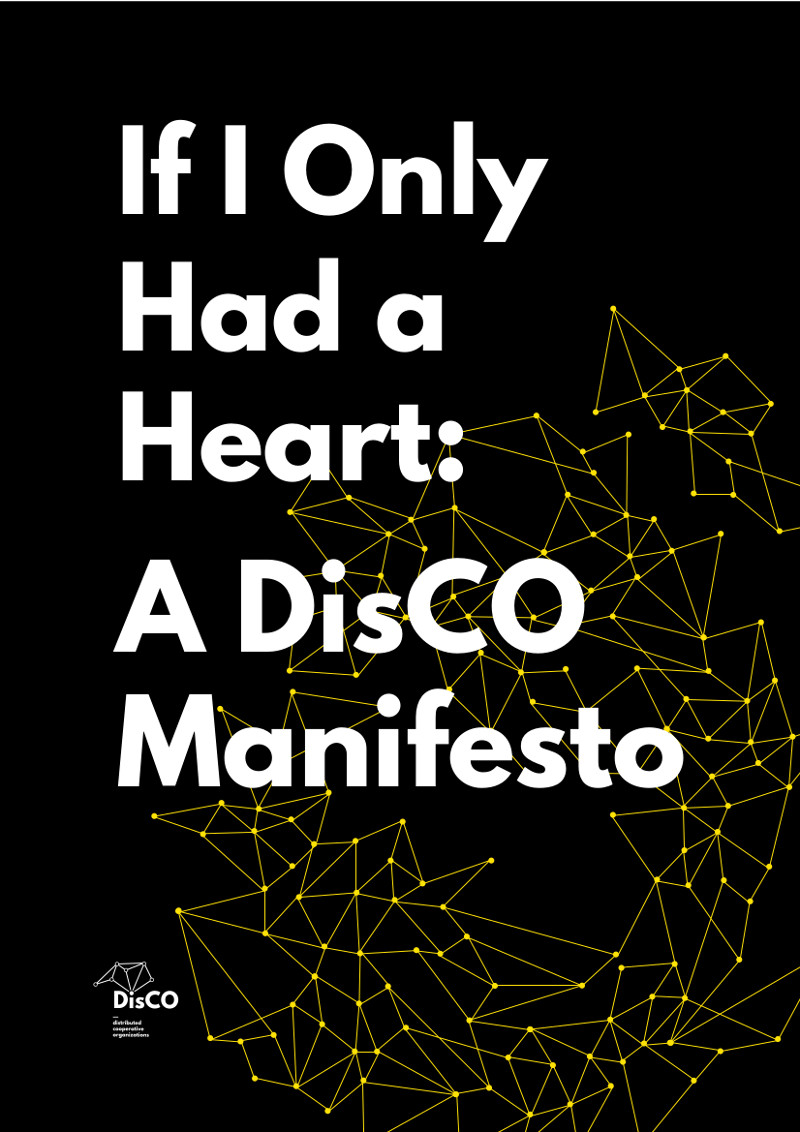
![N. Scott Momaday: House Made of Dawn [50th Anniversary Ed] (Paperback, 2018, Harper Perennial Modern Classics)](https://uodegos.group.lt/images/covers/2080e4bb-3f2b-4ee6-8457-27c8079e8c69.jpeg)
